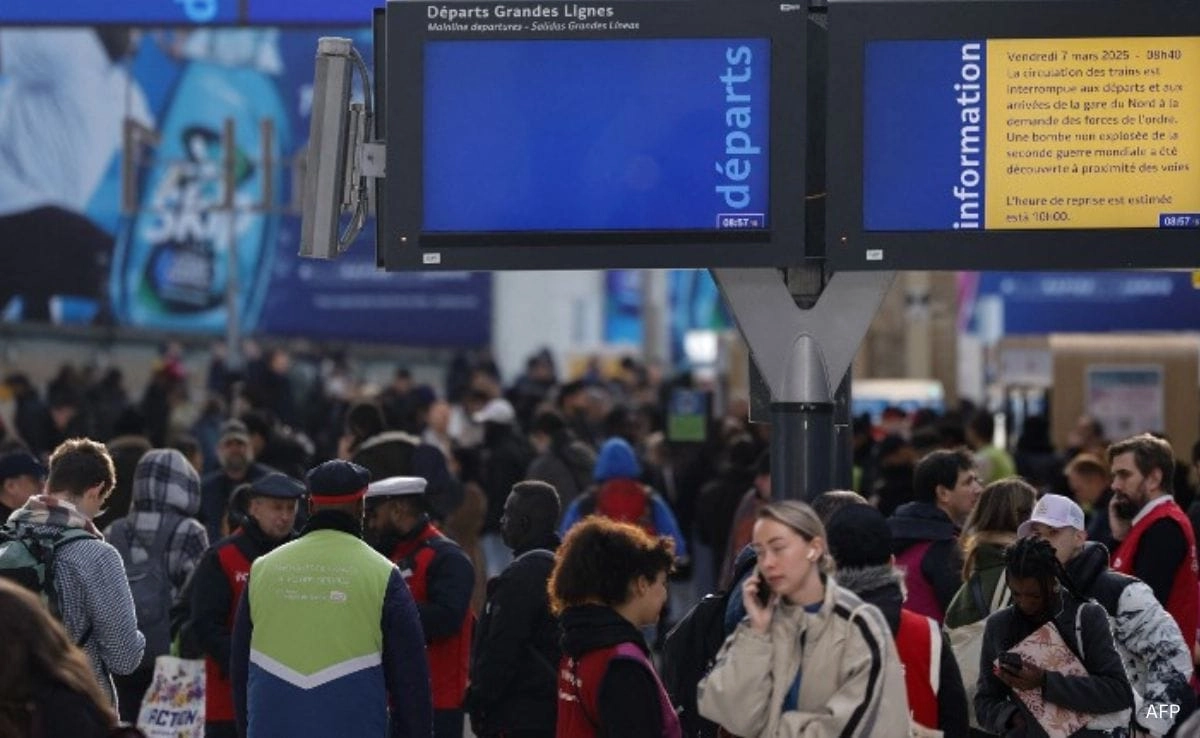A recent report has highlighted the significant economic implications of Kenya’s anti-gay laws, estimating that these measures could potentially cost the country around $7.8 billion annually. This staggering figure underscores the profound impact that discriminatory policies can have not only on the individuals they target but also on the broader economy. The report emphasizes that such laws deter foreign investment, limit tourism, and suppress entrepreneurship within the LGBTQ+ community, leading to lost opportunities for economic growth.
Kenya’s legal framework has long been criticized for its hostility towards LGBTQ+ individuals, with homosexuality being criminalized under colonial-era statutes. This legal environment creates a climate of fear and discrimination, pushing LGBTQ+ individuals into the shadows and limiting their ability to participate fully in society. The report suggests that the stigma associated with anti-gay laws extends beyond the affected individuals, affecting businesses and investors who are increasingly prioritizing human rights and inclusivity in their decision-making processes.
Furthermore, the economic cost of these laws is compounded by the potential for lost tax revenues from a marginalized segment of the population that could otherwise contribute to the economy. The suppression of LGBTQ+ rights not only harms the individuals directly affected but also creates a ripple effect that stifles innovation and diversity in the marketplace. As global awareness of human rights issues increases, countries like Kenya may find themselves at a competitive disadvantage, risking their economic stability in a world that increasingly values tolerance and acceptance.
In light of these findings, advocates argue for a reevaluation of anti-gay laws in Kenya, urging policymakers to consider the broader economic and social implications of discrimination. By fostering an environment of inclusivity and acceptance, Kenya could not only improve the lives of its LGBTQ+ citizens but also unlock significant economic potential that could benefit the nation as a whole. The report serves as a crucial reminder that human rights and economic growth are intrinsically linked, and that progress in one area can lead to advancements in the other.




